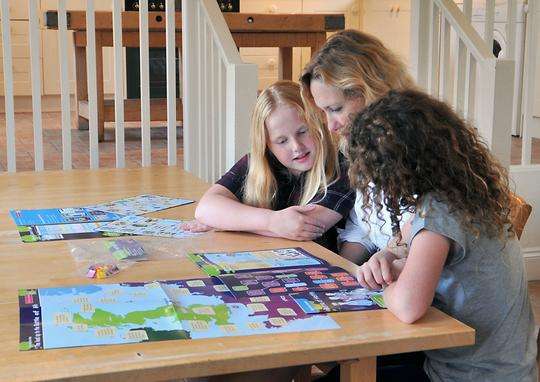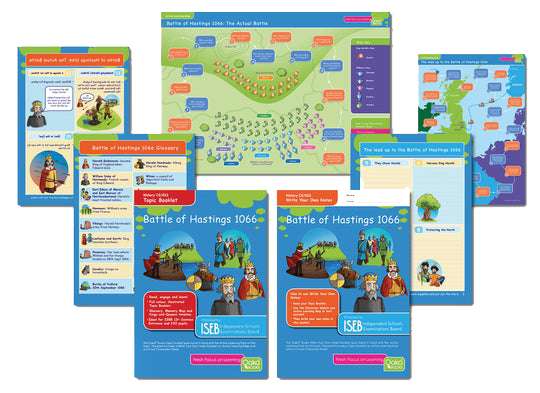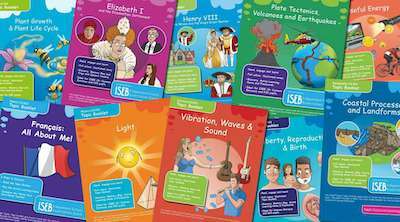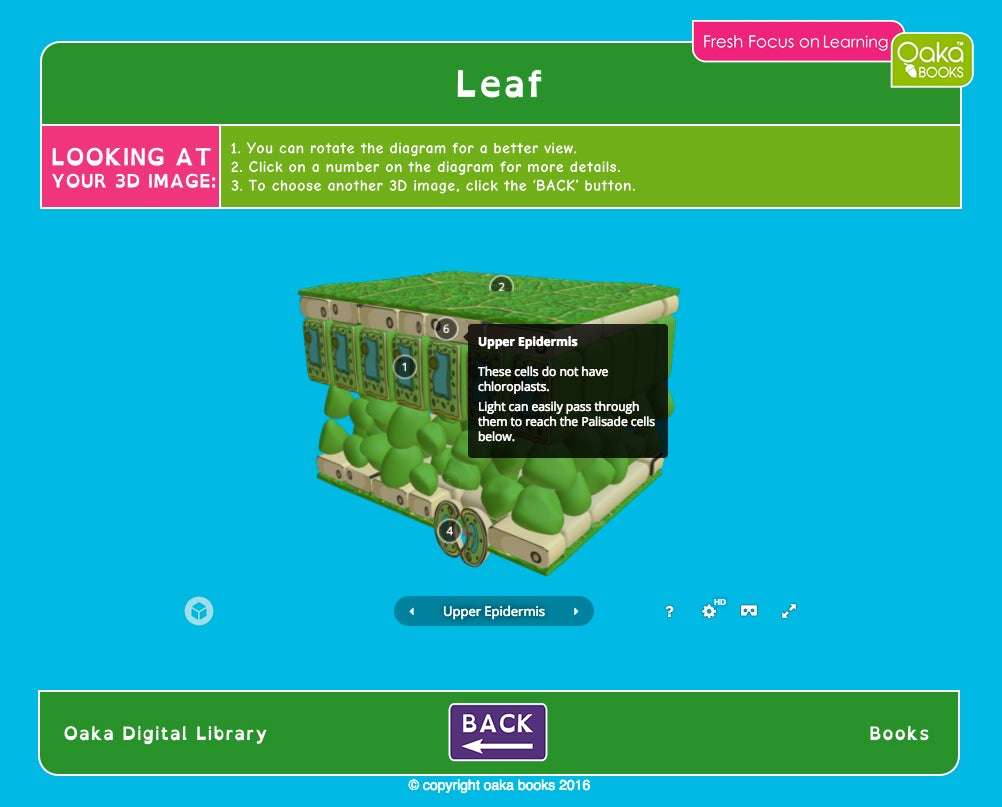The Old Art of Revision – why we need to get back to the three ‘R’s
We love a label don’t we? With an ‘ology’, ‘ism’ or ‘ic’ to describe almost every facet of how and why our brains work in a certain way, the science of learning has never been more diverse.
Our understanding of how the mind works has developed hugely over the past few decades. However, the ‘art’ of effective learning (or ‘revision’ as it will be referred to by thousands of students over the coming weeks) is, in fact, not new at all and hasn’t really changed for centuries.
The key to exam success is being able to recall facts; in other words having a good memory. Even with the need for more detailed explanations in exam answers, it is difficult to structure a good answer without some facts upon which to hang your argument.
So, it is not unreasonable to assume that good exam results are still down to having a good memory. The problem with memory though is that it diminishes over time. The Greek philosopher Plato suggested such a thing more than 2,500 years ago. Later, experimental research by psychologists such as Ebbinghaus reiterated his theory.
Professor Ebbinghaus studied memory by looking at the length of time he could retain a random list of words. In short his ‘Forgetting Curve’ found that the more often you repeatedly learn the same information, the better your memory recall. If information is not repeated, then within just a week we only remember around 30% of it. Not too much of a surprise really. How often do we hear our children saying ‘I’ve revised that’ having just read through their notes once? They are then somewhat frustrated when they actually cannot recall the facts!
But what is ‘effective’?
For students, navigating their way through the plethora of advice written about revision techniques can be almost as demoralising as getting down to the revising. Am I this type of learner or that type of learner, when do I learn best, where do I learn best not to mention what should I revise, for how long and in what order?
Taking on board the knowledge of effective learning imparted by the likes of Ebbinghaus, I have put together my 3 ‘R’s of revision to give you the best shot at effective learning:
- Recall: revise in short bursts (20-30 minutes) and then allow 10 minutes at the end of each session to test yourself (even better, get someone else to do the testing). This recall of information is essential if you are to retain the knowledge for a long period of time. How many times have you read through something, written some notes and not had a clue what you have written? Put simply, your brain has not been asked to recall the information so it has not bothered to file it away. If you write, draw or record your notes and then test yourself, you will stand a much better chance of that information being logged in your long term memory.
- Repeat what you have revised. Doing something once is simply not enough. Memory synapses are strengthened and react faster the more we use them. We know that 3×3=9 without even thinking about it, simply because we have said it so many times. The same goes for much of the knowledge we need for exams. Using question and answer flashcards is a quick and easy way to go through the topic you revised the day, week or month before.
- Relax: being organised and prepared with a structured revision programme will help you feel in control. Sleep is also vital in the lead up to exams. Getting at least 9 hours sleep a night will ensure that your brain is able to absorb the information it worked on that day and be ready for the next.
The 3 ‘R’s of effective revision are even more crucial for our special educational needs students (around 20% of the classroom). Most importantly, remember that you can only do your best. No matter what your target grades, stick with the 3 ’R’s and don’t fall foul of the 4 ‘P’s – Poor Preparation results in Poor Performance. If you have put in the effort, then you can be proud of the results, whatever they may be.
Bambi Gardiner is the founder of Oaka Books, publishers of revision topic packs for struggling readers.





